America has the highest number of COVID-19 deaths in the world — by far — yet, prominent conservatives continue to fight measures that would help save lives and, hopefully, stop it's spread.
They've fought hard to push back against lockdowns and mask use which has unquestionably led to the high death toll.
A look quick around at the globe shows that countries that instituted early, nationwide lockdowns were more successful at containing the virus than those that did not. Many of these places are now back to business as usual while the U.S. is dealing with lockdowns because it's early response was inconsistent from state to state.
Continuing the GOP-led assault on COVID-19 science and best practices, Republican Attorney General William Barr compared life-saving measures to slavery.
On Wednesday, at a question and answer session at Hillsdale College, Barr gave the worst answer possible when asked to explain the "constitutional hurdles for forbidding a church from meeting during COVID-19."
"You know, putting a national lockdown, stay at home orders, is like house arrest," Barr said. "Other than slavery, which was a different kind of restraint, this is the greatest intrusion on civil liberties in American history," Barr said to a round of applause.
It's unconscionable for the highest law enforcement official in the U.S. to coldly compare the enslavement of hundreds of thousands of people to forcing people to stay home to stop the spread of a deadly virus.
A virus that, by the way, has killed nearly 200,000 people and shows no signs of stopping.
Barr's comments were roundly rejected by Democratic Representative Jim Clyburn, the highest-ranking African-American member of Congress. On Thursday, he told CNN that Barr's comment was "the most ridiculous, tone-deaf, God-awful thing I've ever heard.
He added that it was "incredible" the "chief law enforcement officer in this country would equate human bondage to expert advice to save lives. Slavery was not about saving lives, it was about devaluing lives."
Clyburn makes the argument that if the U.S. had imposed federal lockdown early in the pandemic, we'd have it under control by now.
"It would have been great if we had a national lockdown, so that people's lives would be saved, and our children will be going on with their lives today, as they should be," he said.
South Carolina Republican senator Lindsay Graham attempted to reframe Barr's remarks to help him save face.
"I don't think that's the analogy I would use," Senate Judiciary Chairman Lindsey Graham told CNN. "I think what he's trying to say is that ... it's been tough. We've had to shelter-in-place, our lifestyles has changed dramatically."
"But no, I wouldn't compare it to slavery — probably the only thing it compares to is (the flu pandemic of) 1918," added Graham.
How did we stop the 1918 flu? According to Web MD, through "Crowd control" which was the early 1900s name for social distancing. Wouldn't it be great if we actually learned from the past?











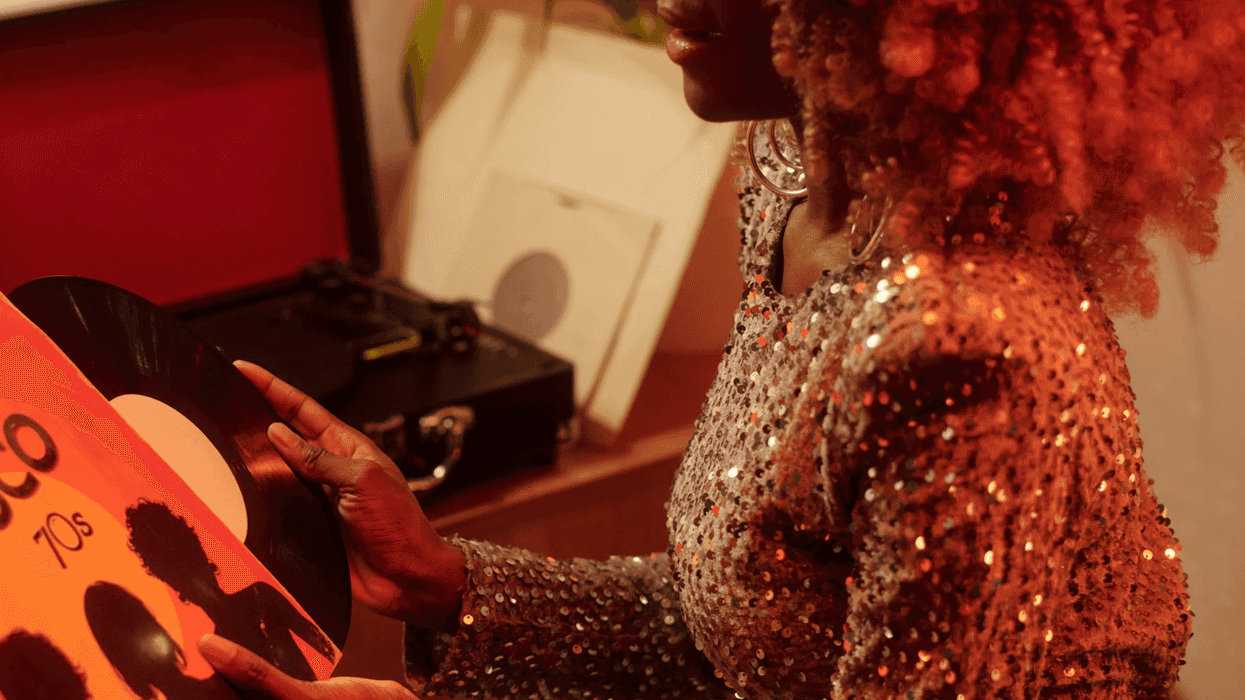



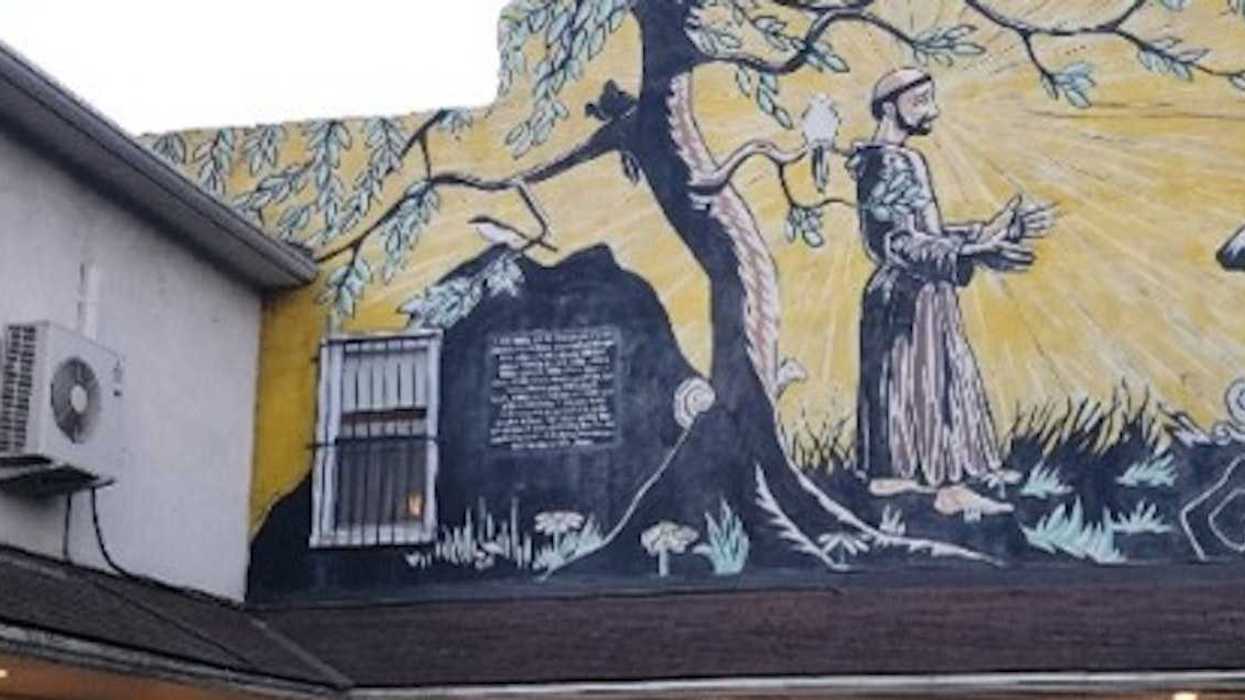
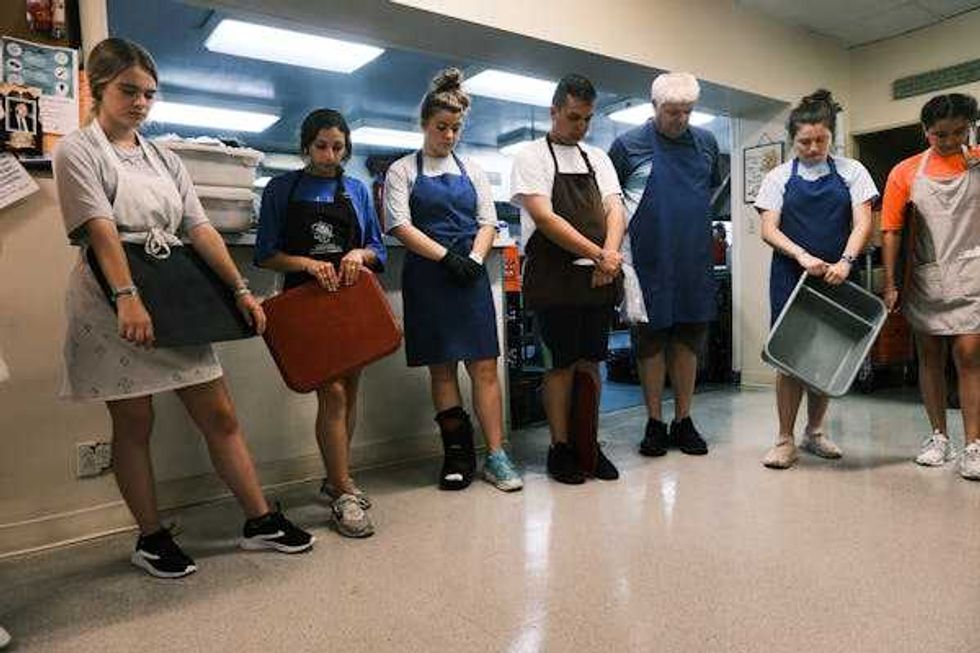 Volunteers at the St. Francis Inn pray together before serving a meal on July 19, 2021.
Volunteers at the St. Francis Inn pray together before serving a meal on July 19, 2021.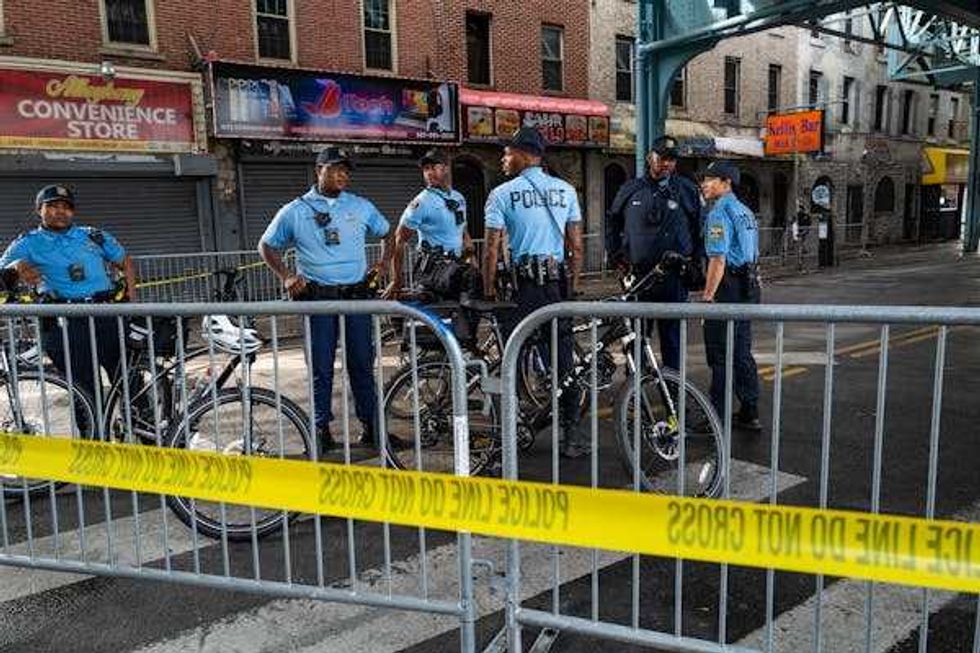 Police close down a section of Kensington Avenue to clear a homeless encampment on May 8, 2024.
Police close down a section of Kensington Avenue to clear a homeless encampment on May 8, 2024.


 Left: A robotic arm. Right: Rice grains.Photo credit:
Left: A robotic arm. Right: Rice grains.Photo credit: 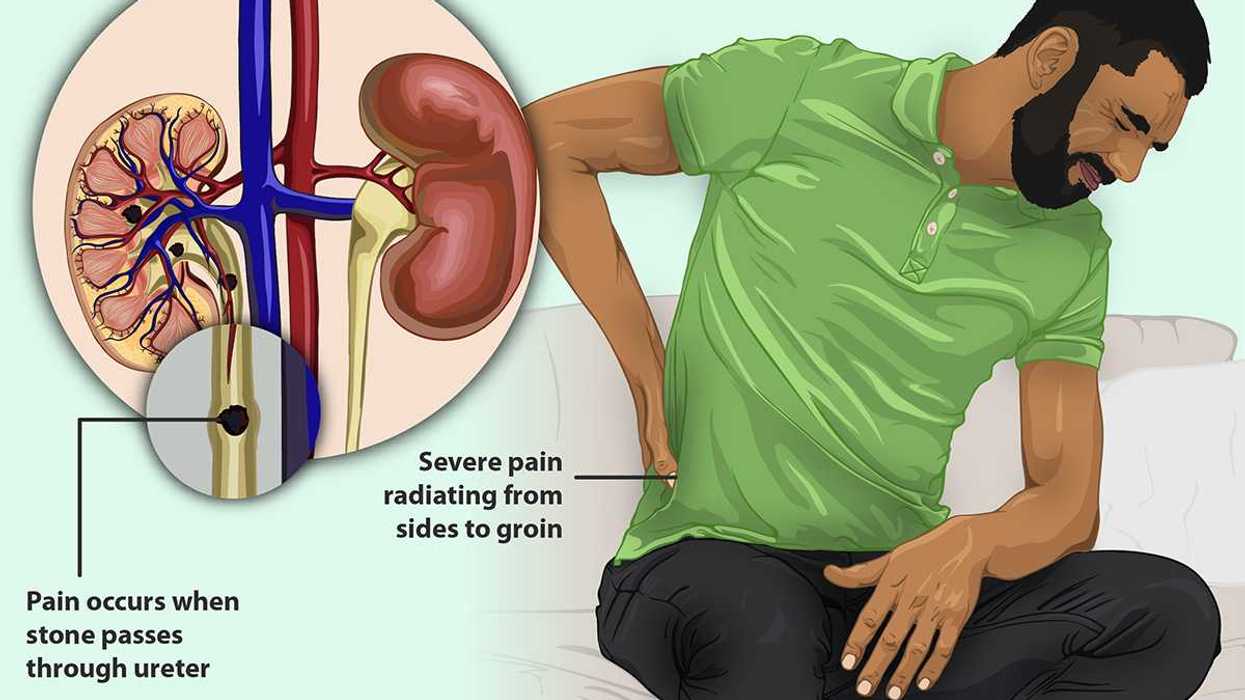 A diagram on kidney stones.myupchar/
A diagram on kidney stones.myupchar/ 
 A young person doing their monthly budgetCanva
A young person doing their monthly budgetCanva
 A couple engages in a serious conversationCanva
A couple engages in a serious conversationCanva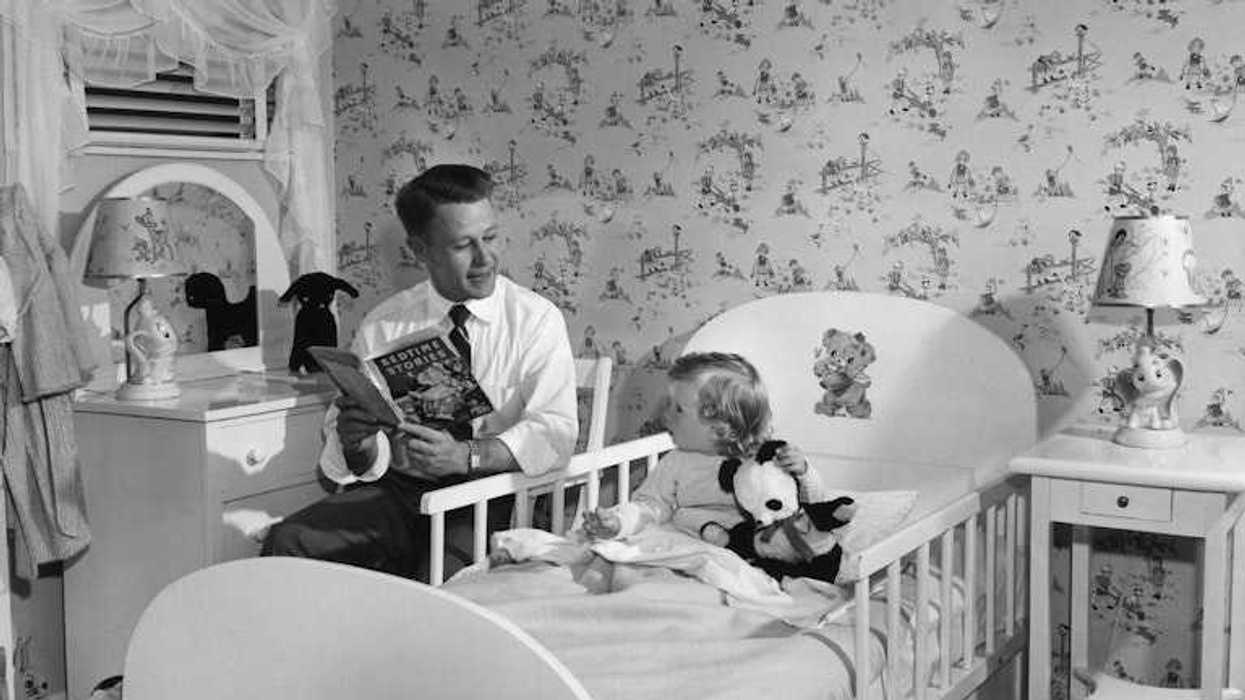
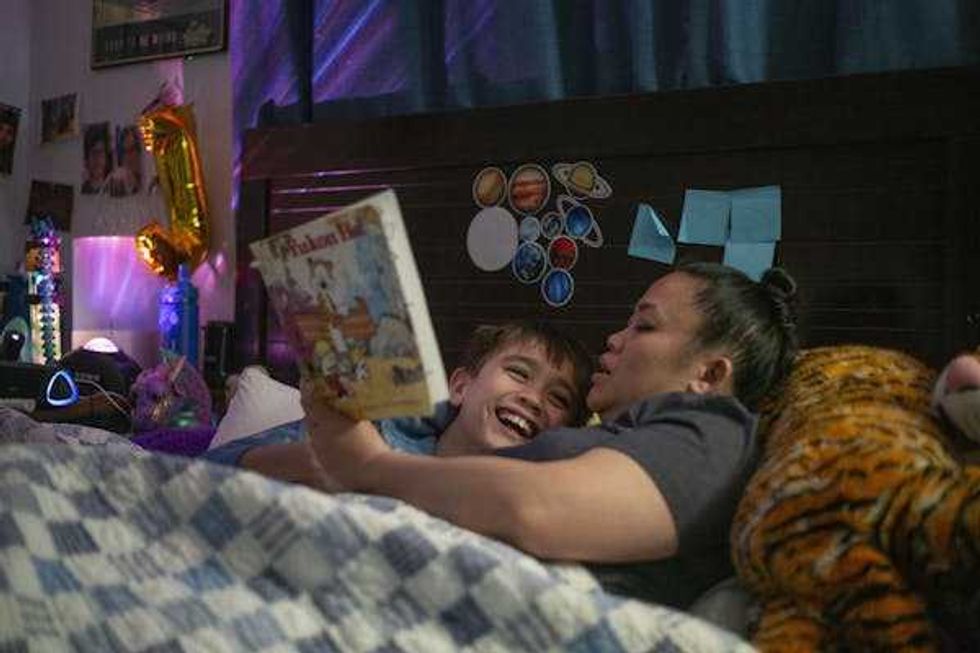 Christy Lam-Julian, a mother in Pinole, Calif., reads to her son in April 2025.
Christy Lam-Julian, a mother in Pinole, Calif., reads to her son in April 2025.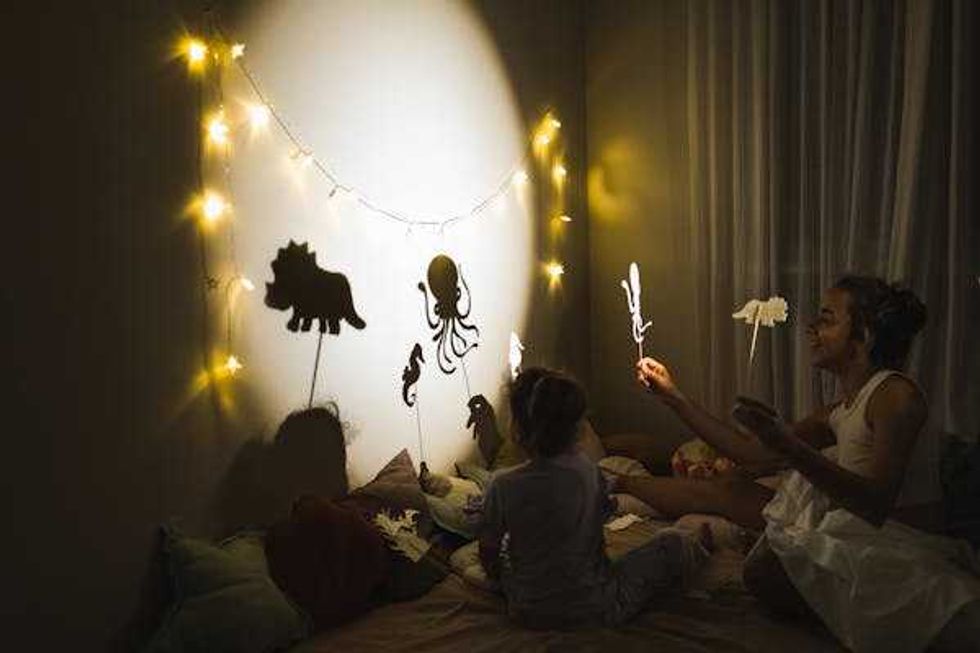 Children who read bedtime stories with their parents are likely to benefit from a boost in creativity – especially if they consider questions about the books.
Children who read bedtime stories with their parents are likely to benefit from a boost in creativity – especially if they consider questions about the books.